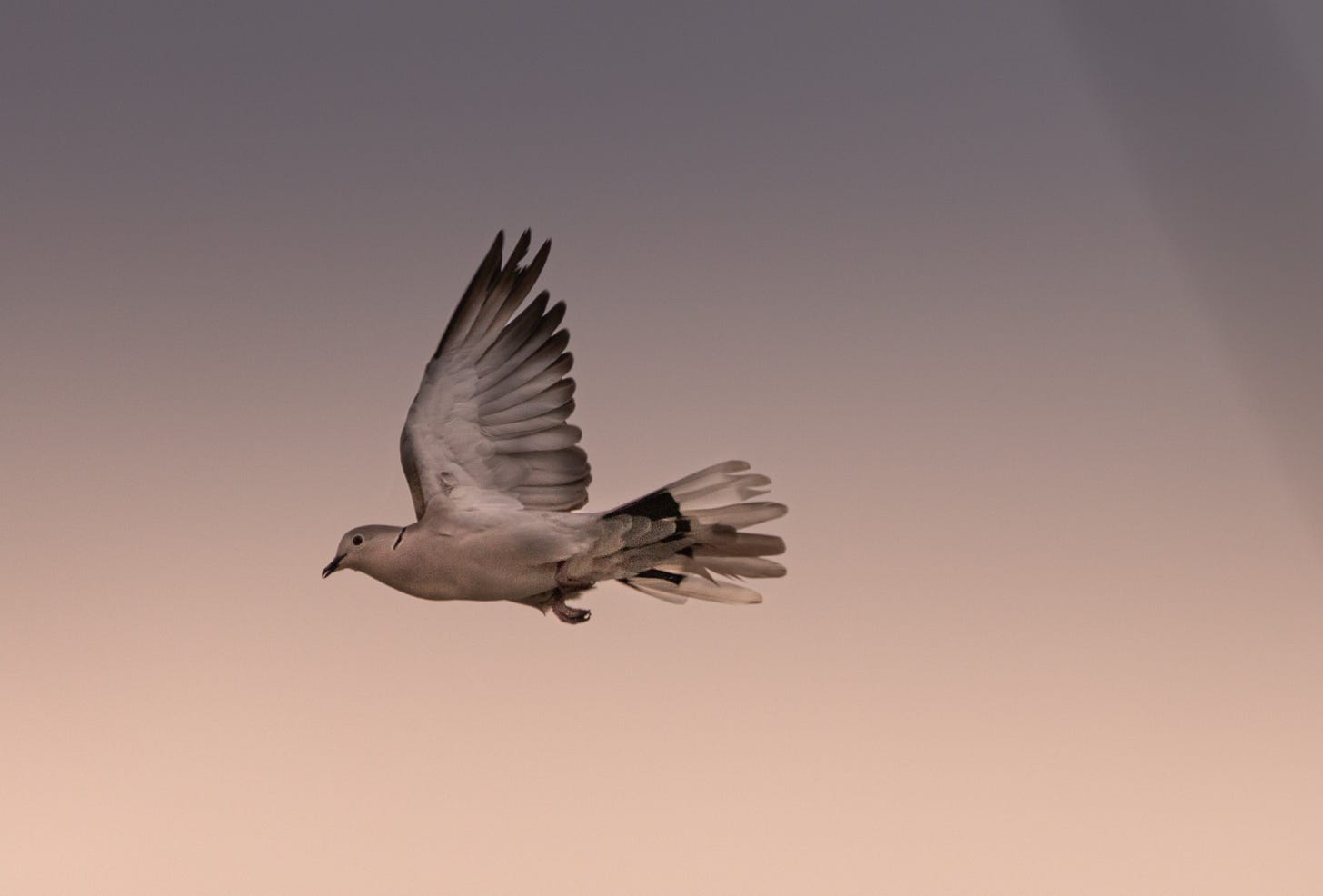Things to do when you are sad with the world
This week I attended a poetry-writing workshop via Zoom. Hosted by Write Art Out, a San Antonio-based poetry nonprofit, the class theme was grief and loneliness. The facilitator, Rooster Martinez, tasked us with a list-making exercise to find concrete, simple ideas that might lift us out of despair. I titled mine:
Things to do when you are sad with the world
*take a nap with a cat curled against your belly
*smell the garden lavender, crush a blossom between fingers, and marvel
*eat an Alphonso mango
*listen to how the mourning doves in your backyard sing you the song in your heart and wonder, how did they know?
*pray, but don’t plead. Sit and listen for all the ways you are connected to the universe in Love.

There is no easy check list for grieving. Loss is unique as each person that experiences it, but listing simple things that give me joy was helpful. As the COVID-19 pandemic stretches on, the losses accumulate. Lately, I’ve been thinking of grief as an empty, gaping space, the place of absence after something is gone. In that void, it can be hard to orient ourselves. I tend to compulsively fill things up: notebooks with words, my schedule with busy tasks, my closet with too many dresses, my fridge with too many condiments (who needs 4 kinds of ketchup and 5 mustards?) What if I stopped? What if I noticed what was in the space?
You may have heard the pandemic called “The Great Pause.” While the phrase was coined to describe what happened to economic systems when we voluntarily shut down large segments of our economy, the term has great implications for me spiritually. As my family has had the privilege of sheltering-in-place, we’ve paused non-essential consumer behaviors: stopping into H.E.B daily, commuting in gas-guzzling cars, getting fancy haircuts, and buying clothes to impress people. What has opened up in the empty space from these activities has been good: more time to be together as a family, simplicity and less clutter, a realigning of priorities, and a bit more money to give to those in need.
I’m trying to shift away from a more, more, more attitude. I was reminded this week that the empty spaces that COVID-19 has carved out might have positive aspects too. I stumbled across this passage from my journal written in August 2011 from Mark Doty’s Open House:
“I’m drawn to both stones and hidden places, the not-so-obvious rifts, the unexpected gaps and niches, especially the ones created by some force, physical or emotional, that has moved through and removed the insides, hollowed out the interior matter, left a space behind. Not just caves, but excavated city lots, littered and graffitied; woodpeckered trees; the lowland after the beaver dam breaks; the self after loss. There’s a Tibetan word shul, meaning the empty hollow that remains after something has moved through. Buddhist monks use the word to refer to the path of emptiness, the way that opens up when one stops clinging to dogma. In Yiddish, shul means temple, a place to pray and learn.”
Maybe COVID-19 is less a pause and more an opening.
What are you still grieving? What has it opened in your life?
Reading Recommendation:
The poem, “Via Negativa,” by Angela Torres in her chapbook, To the Bone, which is available as a free PDF here.
If you enjoyed this newsletter, and know someone else who might too, please share.



